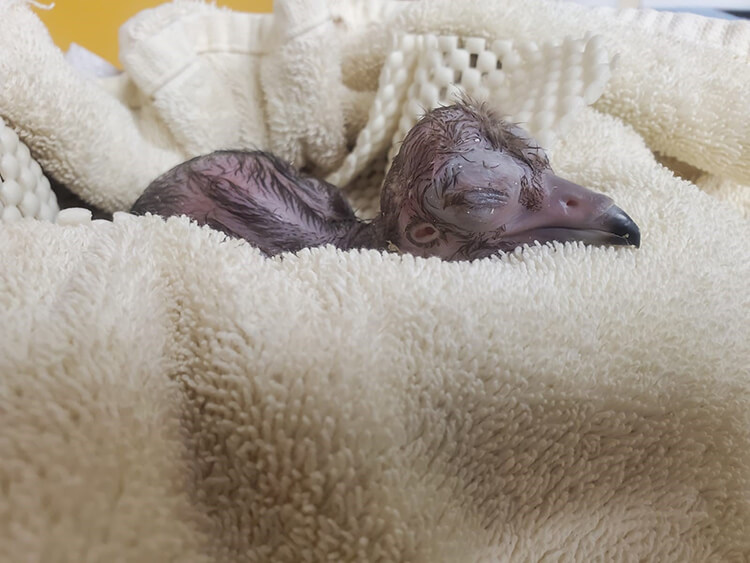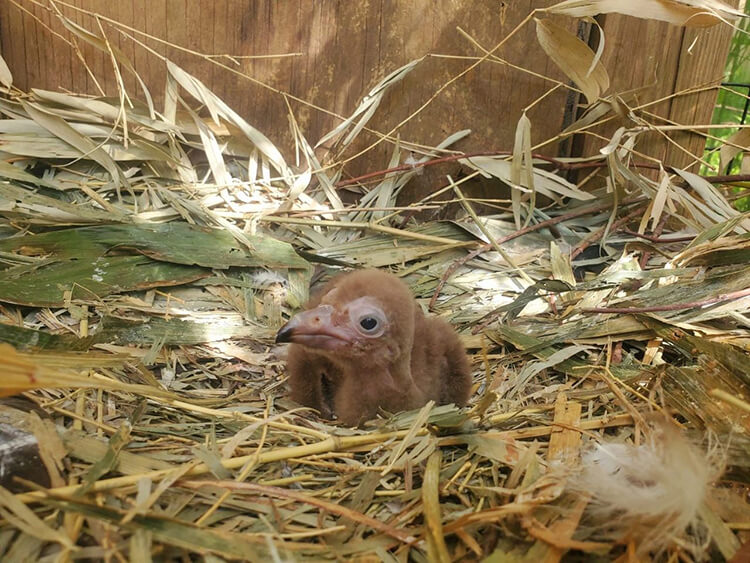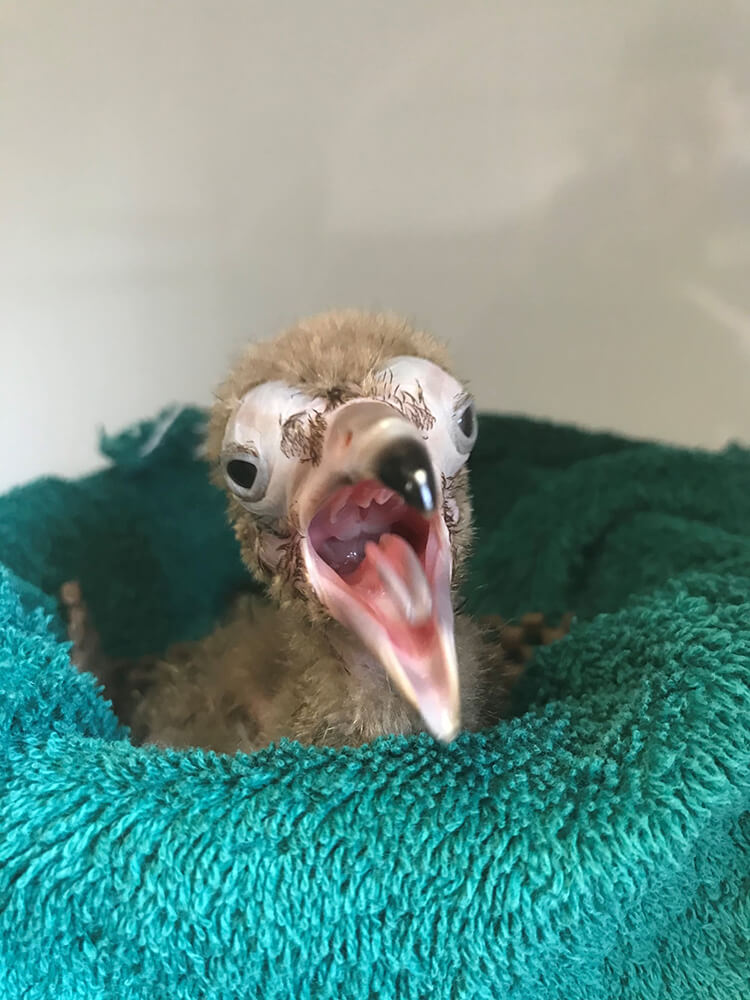As our planet is gradually losing its abundance and natural beauty, we are always happy to hear any news related to the birth of an endangered species. Recently, Zoo Atlanta, Atlanta, Georgia has just welcomed another newborn baby hooded vulture into their big family, and the zookeepers aren’t the only ones who are excited to meet this special little guy.
Their job includes artificially incubating the egg (while Tai and Acacia practice incubating on their nest with some dummy eggs) and hand-rearing the chick until it is about 4 days old.
Because of this species' speedy population reduction over the past decades, the hooded vulture has been listed as critically endangered by the IUCN. The most common threats include poisoning, hunting, habitat loss and degradation of habitat.
Please share zoo Atlanta's delightful news with your loved ones!
H/T: Zoo Atlanta
 Image credits: Zoo Atlanta
Image credits: Zoo Atlanta
Their job includes artificially incubating the egg (while Tai and Acacia practice incubating on their nest with some dummy eggs) and hand-rearing the chick until it is about 4 days old.
 Image credits: Zoo Atlanta
Image credits: Zoo Atlanta
 Image credits: Zoo Atlanta
Image credits: Zoo Atlanta
Because of this species' speedy population reduction over the past decades, the hooded vulture has been listed as critically endangered by the IUCN. The most common threats include poisoning, hunting, habitat loss and degradation of habitat.
Please share zoo Atlanta's delightful news with your loved ones!
H/T: Zoo Atlanta